A few years ago I went to a conference in South Beach. I made reservations for our hotel beforehand, but I did not make a reservation for the one night we needed at Key West. I did not know much about the Florida Keys and didn’t have time to research them before the trip. I figured my brother Alex and I would find a hotel when we got there. We were traveling without our families, we are very low-maintenance guys, and the hotel was our lowest priority.
We arrived in Miami, rented a car, and headed to the Keys. While Alex was driving I was researching our final destination on my iPad. It did not take me much time to realize that there is very little to see and do (other than go fishing) on the islands other than Key West, so we needed to stay overnight there. And it was four hours away – it’s the largest island and the one furthest one from Miami – so we had plenty of time to find a hotel.
I looked for hotels on Kayak, and there were plenty available in the $300-400 range, plus a few for $200 on my Hotel Tonight app (I highly recommend that app). But I wanted to enjoy the scenery, so I put hotel finding on the back burner. An hour and a half before we were to arrive in Key West, I finally got back to it; but now the Hotel Tonight app did not list any rooms at all, and Kayak showed just a few hotels, all for $600 and up. And every time I called to try to reserve a room, they were gone.
I figured maybe not all hotels are listed on Kayak. So I pulled up Google Maps and called every hotel and motel in the Key West area: every room on the island was booked (this included adjacent islands, too). I even enrolled in a local service that brokered Key West hotel rooms. There were literally no rooms, at any price, available on Key West. Period.
I have to admit that instead of worrying about it I was laughing. I looked at it as an adventure. I had this weird curiosity about how it was going to play out. The feeling was similar to the one I get when I sit down to write an article and don’t have the slightest idea what it will look like when I’m done. The potential downside was merely that Alex and I might have to drive back at night, or most likely just sleep in the car.
Back to the hotel search. There was one exception. Every time I searched there was this one hotel that showed up: New Orleans House, which was described as an “all-male” hotel that offered rooms for $200. I was not quite sure what “all-male” meant – was it maybe a refuge for men tired of their nagging wives? Or maybe it was an all-the-beer-you-can-drink hotel.
 So I pulled up the hotel’s website, and in seconds it became crystal clear to me that it was a hotel for gay men. I am the least homophobic person I know, but I had never stayed in a gay hotel before. I was not quite sure what the expectations were of guests. But our options were really limited: stay in that hotel, sleep in the car, or drive at least three hours to the nearest hotel and then drive another three hours back to Key West tomorrow.
So I pulled up the hotel’s website, and in seconds it became crystal clear to me that it was a hotel for gay men. I am the least homophobic person I know, but I had never stayed in a gay hotel before. I was not quite sure what the expectations were of guests. But our options were really limited: stay in that hotel, sleep in the car, or drive at least three hours to the nearest hotel and then drive another three hours back to Key West tomorrow.
I called the hotel and tried to politely ask if there was anything else I needed to know about the hotel, other than that it was for men only. A very polite gentleman told me that I had to be at least 18 (check!) and that clothing was optional. So I asked, “Are you saying there are naked men roaming around the hotel?” I was told they were just at the pool.
Alex was hesitant, but he didn’t like our options either, so I convinced him to at least check it out. It turned out to be a very nice, quaint hotel in the center of Key West (probably in one the best locations). The room was absolutely fine, and we could walk out onto a balcony that overlooked Duval St., one of the touristiest spots in Key West – it looked a lot like New Orleans’s French Quarter.
The swimming pool, which I was not anxious to see, was somewhere in the back. Every man I encountered in the hotel was fully and neatly dressed and extremely polite. If not for the odd pictures of drag queens on the wall, it would have looked just like any other hotel (if you did not visit the swimming pool). I fit in well, as I was wearing my favorite shirt that just happened to be pink.
There is a life/investment lesson in this adventure. If you think about it, Alex and I capitalized on “homophobic arbitrage.” We were not the only ones looking for a room that night. This was the only hotel with a room that was showing up on Kayak or in any other search that evening. With the rooms disappearing fast, I know that there were some people who chose to drive back or sleep in the car rather than stay in that hotel.
In investing you have opportunities that open up because dogmatic investors say “I don’t do retail” (or bankruptcies, or … the list goes on). I’ll be the first to admit that I’m guilty of that, too. But often, opportunities are created because enough people say “I don’t do that.” We are analyzing a company right now that will be delisted because it has not filed its financials for two years. Enough investors have said “I don’t do delisted companies” to create a sell-off and thus an opportunity in that stock.
In early May I will go to Omaha for Buffett’s annual meeting. I have yet to book my room. There are no good rooms available right now; most were booked ten months ago. Usually, rooms show up a few days before the event, but I’m not worried – I can always count on homophobic arbitrage.
Alex and I visited a few other interesting places during our trip.
As a person who scribbles on a semiconstant basis, I was curious about Hemingway’s writing habits. He got up in the morning and cranked out about 700 words a day. I have been getting up at 5 AM for the last several years to write. The only difference between Hemingway and me is that he went fishing and then drinking for the rest of the day while I drive the kids to school and then go to work. But I definitely see the benefits of writing early in the morning. Now, on weekends I can spend time with the family, ski, and read.
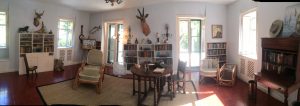
Then we went to see the Little White House, the place where Harry Truman spent 175 days during his presidency. It is a relatively small house, considering that a president spent a lot of his time there. It had previously been occupied by the superintendent of the navy base and was made available to the president when he wanted to get away from cold Washington, DC (this was before Camp David).
I have never been to the White House, but I imagine you might get feelings similar to those I had at the Little White House. You start imagining all the important decisions that were made there and that changed the lives of millions. Did Truman decide to drop atomic bombs on Japan while he was there? (Unlikely – that happened in August 1945, and he was in Key West only in wintertime.)
Finally, we visited the Ship Wreck Museum. This was probably the most interesting of the three. I learned that in the 1860s Key West was the wealthiest town in the US. It made money by salvaging ship wrecks. About a hundred ships sailed by Key West every day, but the island is surrounded by reefs, and a ship would wreck about once a week.
There were observation towers all over Key West. When a wreck was spotted, the watchman would call out the two words the populace of Key West most liked to hear: “Wreck Ashore!” Men would run to small boats and rush to the wreck. The first boat that got there and helped the crew off the ship would be awarded the salvage fee.
We were told a good diver could hold his breath for five minutes. They were scarce and in high demand and therefore made $700 a month – a lot of money in the 1860s. If you worked a month you could buy a house for $700. Most divers only lasted a few months, as diving through shipwrecks was extremely dangerous.
Once the cargo was salvaged it was stored in a warehouse and then auctioned – usually for about half of its original value. A judge would decide on the size of the salvage fee, which ranged between 20-50% of the cargo value. The fee would be based on how far the ship was off the coast, how difficult it was to get to the cargo and retrieve it, etc. Salvage fees ranged in the ballpark of $20-50 thousand dollars.
In the 1920s railroads started to steal market share from shipping, navigation got better, and Key West became just another resort town with a great all-male hotel.
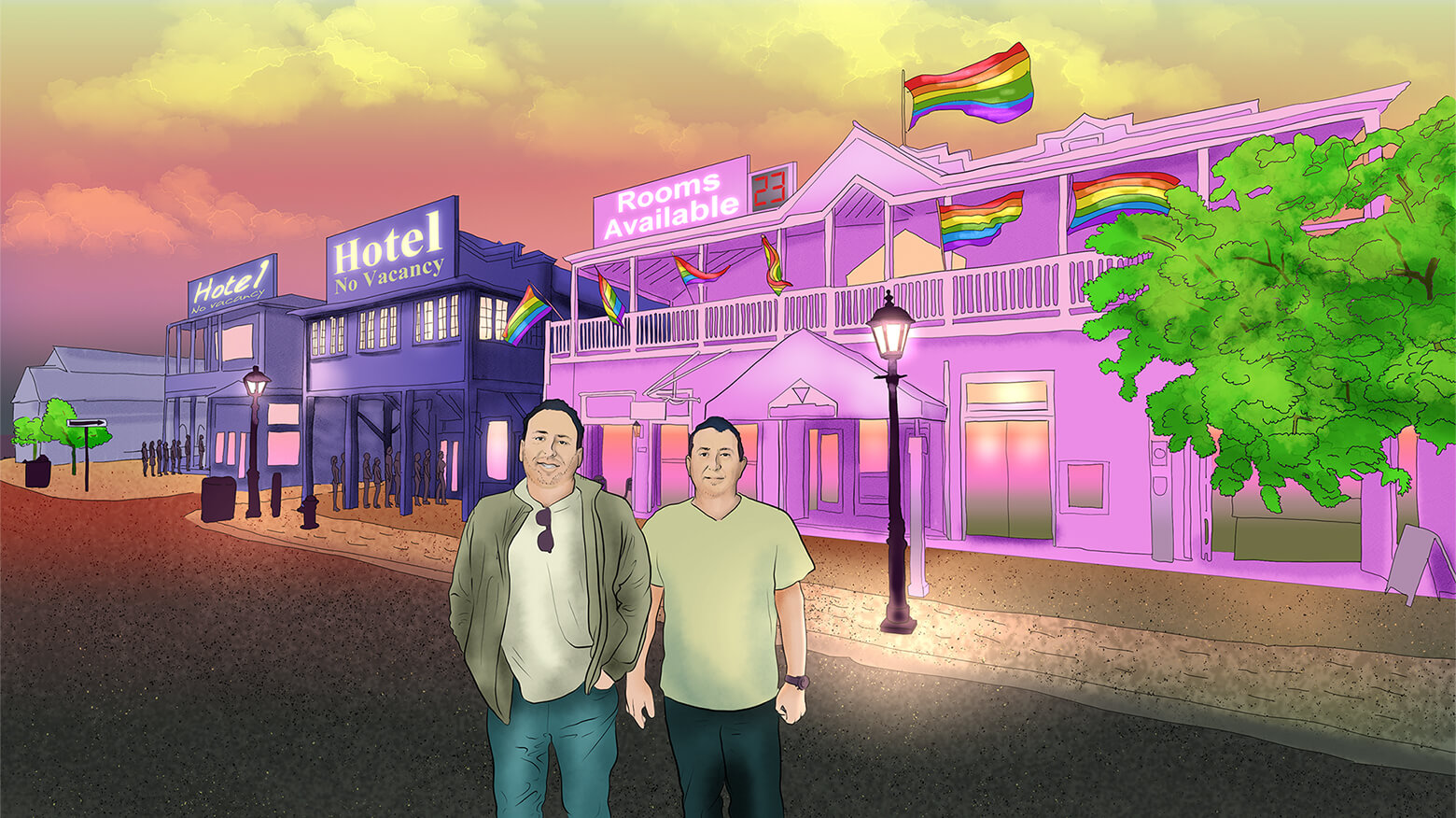
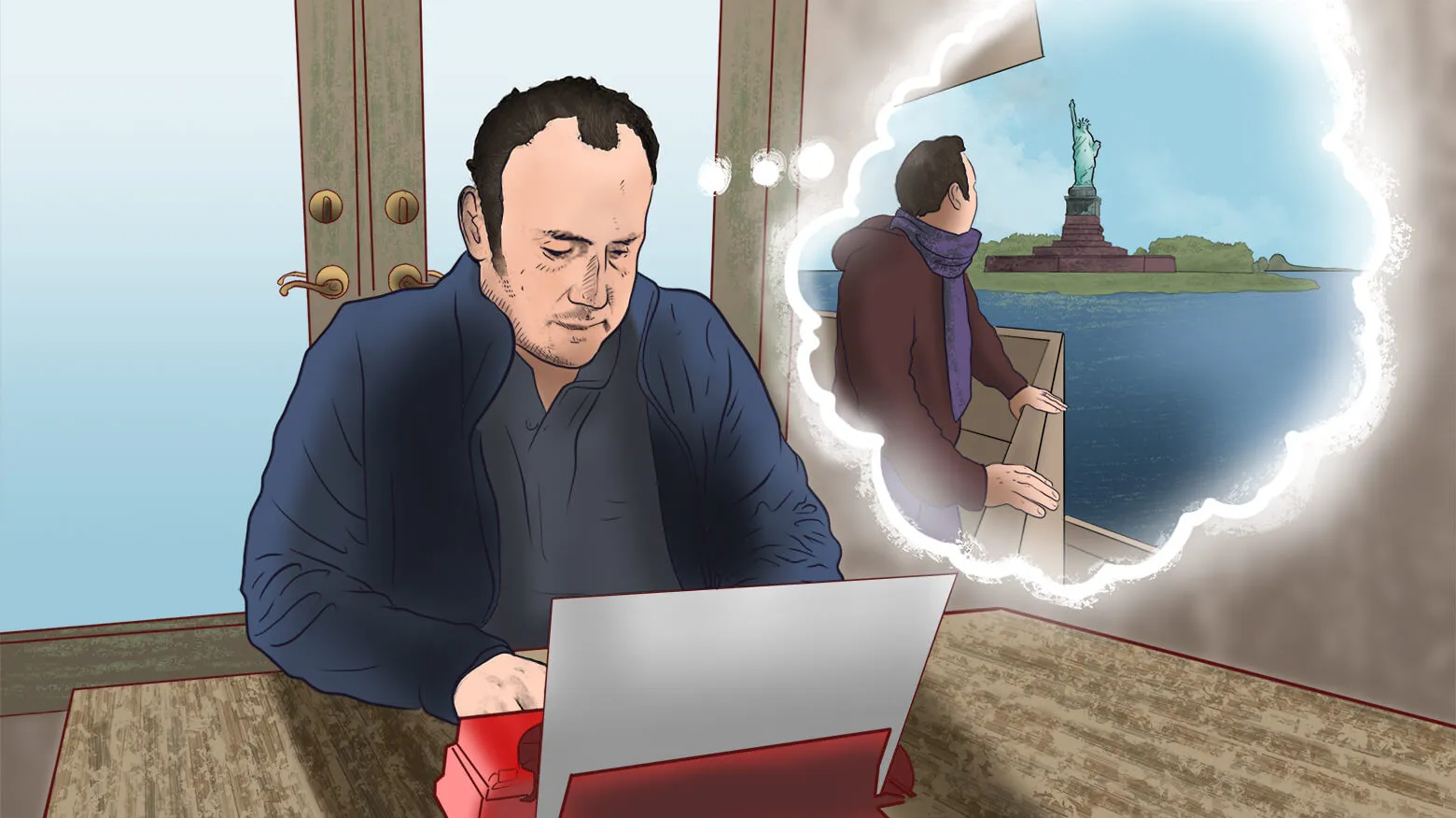

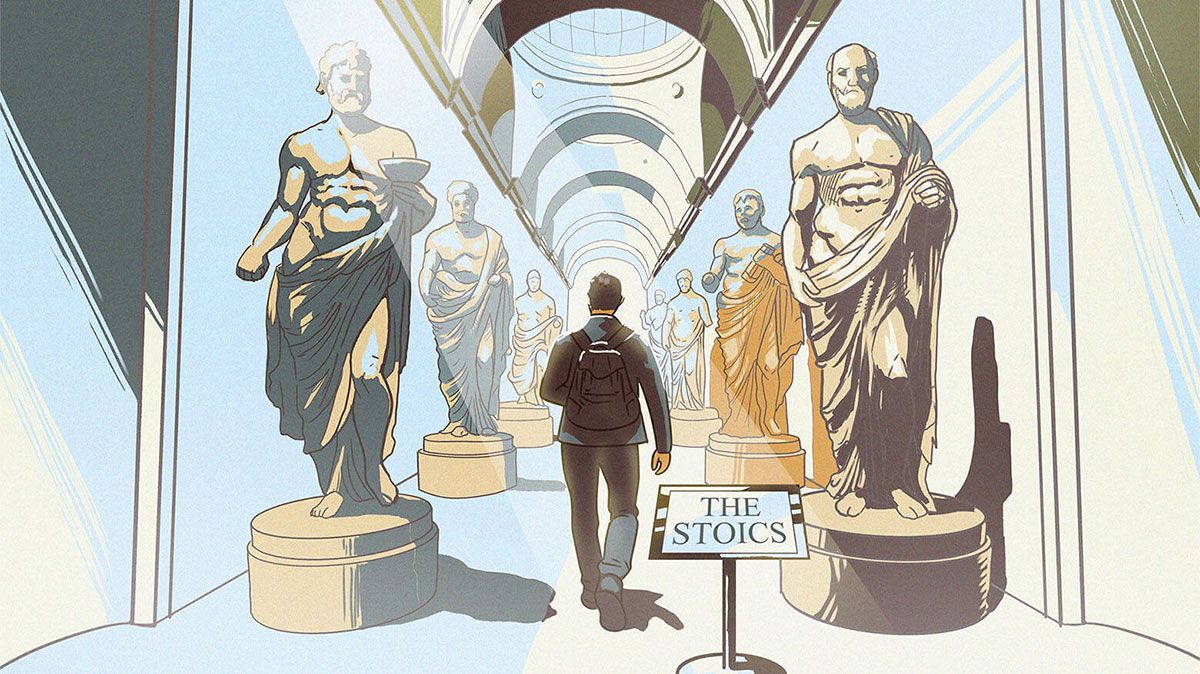
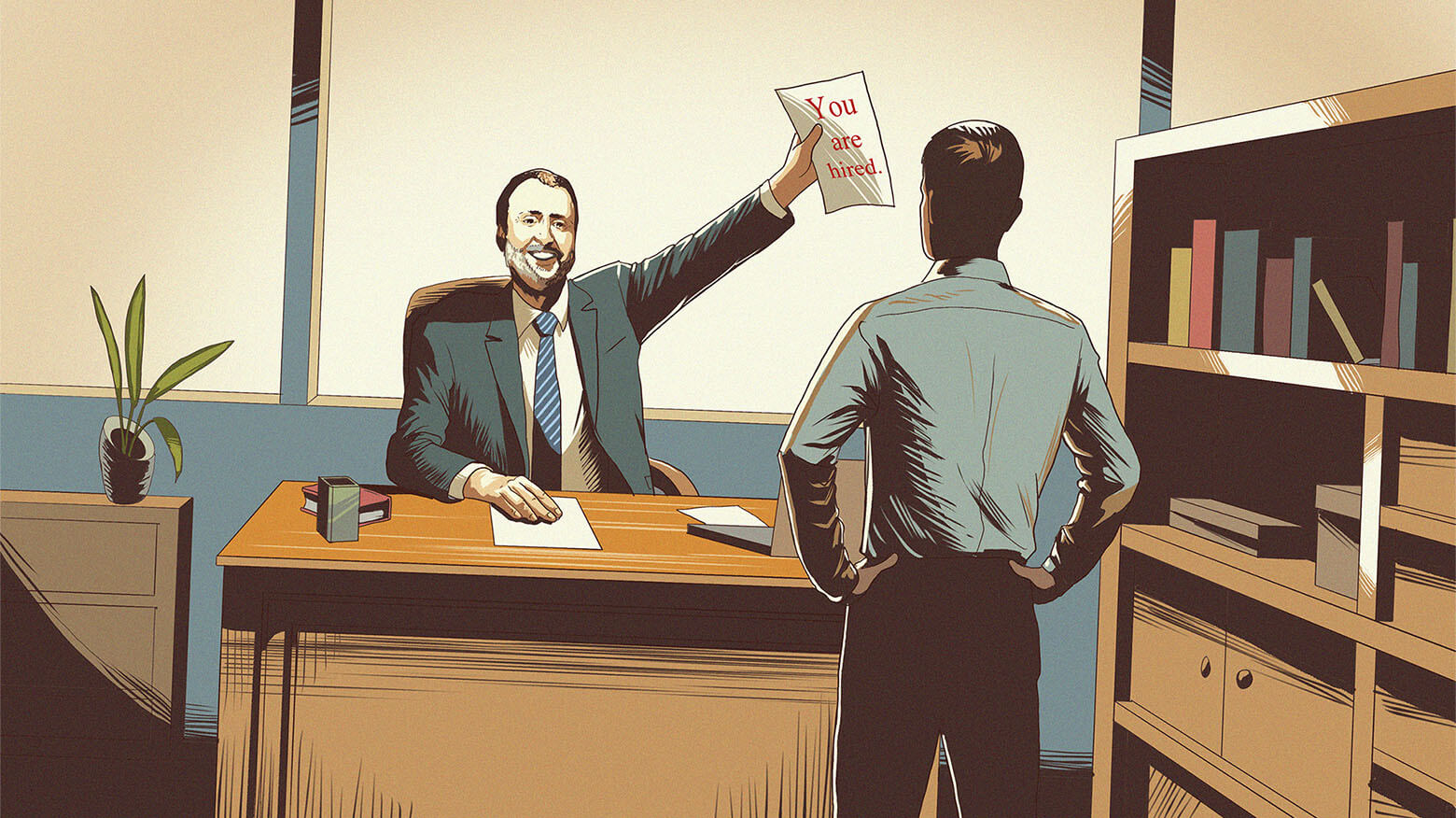





0 comments